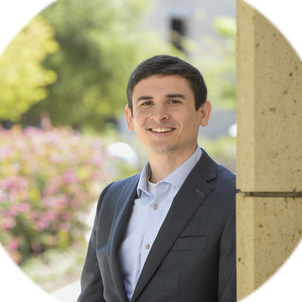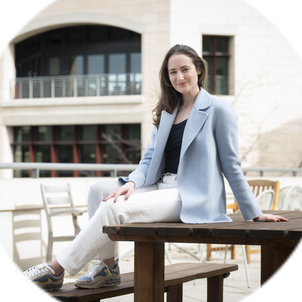We know climate change has a profound impact on the water cycle, and that the places and uses we have for water are constantly evolving. Today I work to develop water supply strategies that make sure we have enough for people, the environment and the economy.
We use models that look at different performance metrics, like water reliability, but it’s important that we expand on that, and ask questions like “Reliability for whom?” When we have water shortages, or cost increases, or water quality issues, who bears the brunt of those burdens? We know a million people in California don’t have access to a water supply that’s clean, affordable and reliable, and that climate change disproportionately burdens marginalized communities. If we decide to build a new desalination plant, for example, which is something that’s talked about a lot in California, it will certainly give us more water volume to help us be resistant to droughts in the future, but it comes at a cost; desalination is very expensive. If you’re building it in a place where water users are struggling with affordability, then it might actually reduce safe drinking water access, because it might raise the price of water such that more people lack affordable water. I want to make sure that the strategies we use to make our water systems more resilient are serving everyone.
For me, engineering means using tools from math and science to solve problems in the world, but also working to expand the definition of what it means to be an engineer. It’s easy to think of engineering as simply creating a technology that’s going to solve problems. But we know now that technology doesn’t exist in a black box by itself; it interacts with society in all kinds of different ways. As engineers, we have a responsibility to make sure those interconnections are really helping, and not exacerbating other problems or leading to unintended consequences.
Engineering can be intimidating as a field, but anyone can be an engineer; anyone can learn the math and science if they want to, and one bad experience or a tumble along the way isn’t a sign that you can’t do it. What’s more important is finding a problem in the world you want to solve. If you focus on that, all the other things will be a little bit easier.
Related spotlights

Thomas Colburn

Kayla Patterson

